I didn’t even get to her funeral, but I understand that it was very nice. People from all walks of life packed the church to pay tribute to my great aunt Norma. They tell me that when the minister asked her favorite student to stand, the majority of the people rose from their seats to proudly proclaim that she had been their first grade teacher and that they were her favorite. In fact, several of them went to the pulpit to share their memories of a woman who so naturally helped them to learn about addition and subtraction, about spelling and reading, about music and God, about life and love. With her contagious smile and her inviting personality, Aunt Norma never met a stranger. I wonder if she had any idea what an incredible impact she had on the lives of those people.
Even though I didn’t get to stand at the funeral, I was one of those people. Aunt Norma, or Miss Natzke as I knew her in the classroom, was a mentor long before it became a buzzword. She took her students under her wing and taught them values like honesty and kindness way before the big push for character education was even on the horizon. And she loved all of us unconditionally before psychologists suggested that ‘unconditional positive regard’ was important. I was lucky to be her niece because that meant I had her during the week in school and on weekends at her house.
You see, Aunt Norma wasn’t married and didn’t have children of her own, so my dad often lent me to her. Before I was old enough to spell my name, she taught me to recognize and play notes on the piano. Together we’d play all weekend long. After dinner on Friday night, we’d play until we were too sleepy to sit in front of the keys anymore. Then we’d eat fudgesicles while she read from the Bible and say our prayers before she’d tuck me in. By sunrise on Saturday morning, I could smell the coffee and knew it was time to get back to the music, she at the organ, I at the piano, where we’d sit all day long. When she’d finally walk me home, she’d tell my dad that I have the most “stick-to-it-tive-ness” that she’d ever seen. My aunt Eileen tells me that Aunt Norma said that about her, too, and that she was somewhat relieved when I came along so that she wouldn’t have to go there as much anymore.
But I really liked it! Aunt Norma had a way of making life so comfortable. She had music in her heart and peace in her soul. Her raspy voice, with its soothing quality, made me feel safe; the gentle calmness of her being made me feel secure. Her very presence wrapped me up in a warmth that made me want to stay at her house forever. Sixty years my elder, Aunt Norma was my best friend. I would have painted the world whatever color she wanted, if she’d have asked. That’s what I would have said at her funeral.
Aunt Norma retired after dedicating 50 years of her life to the nurturing of impressionable youth like me. Her first love was teaching; her second love was Adolph. She married Adolph when she was 73 years old. Together they had mastered 23 different musical instruments, she by training, he by ear. He put the harmony into her already melodic existence. What a joy it was for me to experience the magic of their beautifully-orchestrated musical celebration of life. And what a heartbreak when, after only six years of marriage, Adolph passed away. He planted an early garden that year, carefully labeling all the rows, as if he knew that soon he’d be leaving Aunt Norma to live alone, again.
It wasn’t too much later that Parkinson’s got its grip on my great aunt Norma. She spent the last ten years of her life in a nursing home. Of course, people came to visit, especially at first, and she had them sign her guest book, share their stories and sing from the red Lutheran Hymnal. Even when she couldn’t remember the words, she would still hum along in harmony. She thrived on the details of that special project you had going at church or in school. And she always asked for a Bible verse. Aunt Norma loved to sing hymns and hear Bible verses. But little by little, Aunt Norma’s spirit was fading. It felt like we had lost her long before she actually died. Even though she didn’t recognize me anymore, I still visited and played piano for her, the teacher who had inspired me, filled my soul with music, and made a notable difference in my life.
Aunt Eileen felt exactly the same way. That’s why she, too, continued to visit even when Aunt Norma could no longer put out the guest book or comprehend her stories. And when Aunt Eileen sensed that Aunt Norma’s life score had played itself out, she sat by her bed all night long and literally sang her into heaven, one song at a time, starting with Open Thou Thy Gates of Heaven, through the entire red Lutheran Hymnal. She was determined not to let Aunt Norma, who had given so much to so many people in life, face death alone. Now that’s “stick-to-it-tive-ness!”
I was kind of miffed that they didn’t ask for my input when planning her funeral. Sure I knew her better than anyone, I was positive that I was her favorite. And I cried when they told me that they hadn’t sung “How Great Thou Art,” Aunt Norma’s favorite. But in truth, every hymn was her favorite, just as every child was. She loved music like she loved teaching children, like she loved Adolph, like she loved life. And above all, Aunt Norma loved God. Her musical legacy is alive in my home every time my children and I play our 100-year-old upright grand with the worn and missing ivory keys, the very same piano on which Aunt Norma learned, and taught me, to celebrate life through music. I wish for every child one day a mentor and friend like I had in my great aunt Norma.



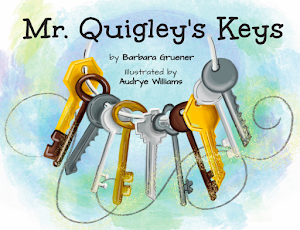
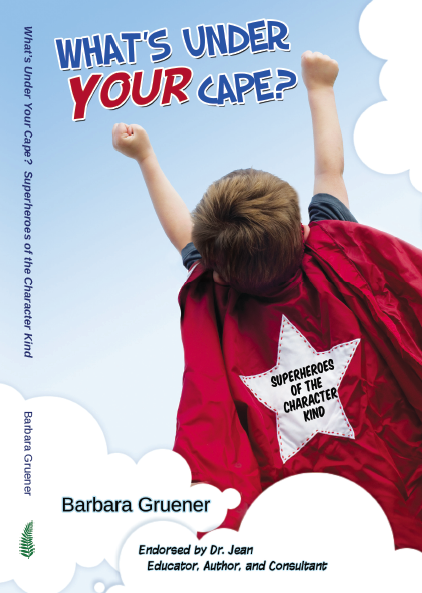

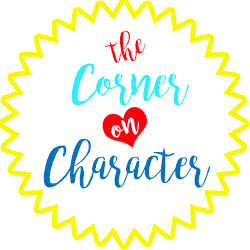


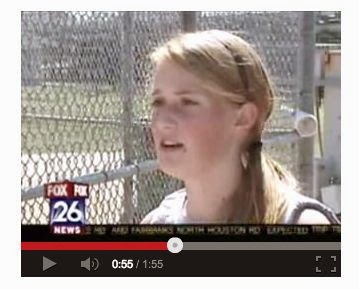
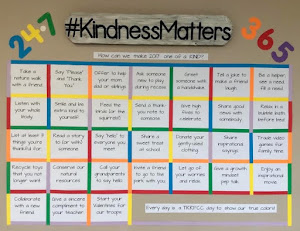
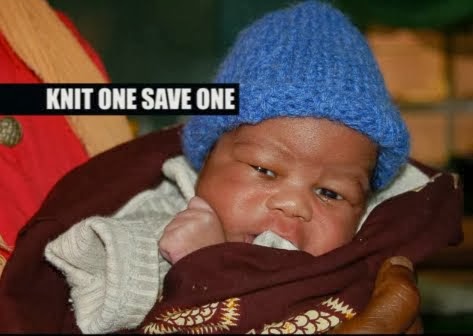

No comments
I really enjoy hearing from my readers; thanks for sharing your reflections with us!